In today’s competitive landscape, a powerful online presence is no longer optional—it’s essential for survival and growth. While many businesses recognize the importance of marketing, navigating the complex world of agencies and consultancies can feel like a daunting task. The right partner can act as an extension of your team, providing the expertise, resources, and strategic direction needed to achieve your business goals. The wrong one, however, can be a costly mistake, wasting valuable time and resources with little to show for it.
This comprehensive guide will walk you through everything you need to know to make an informed decision, from defining your goals to evaluating potential partners. We’ll cover key selection criteria, red flags to watch out for, and the crucial questions you should ask every agency you consider. By the end, you’ll be equipped with the knowledge to choose the best marketing agency that not only understands your vision but can help you turn it into a reality.
Step 1: Define Your Needs and Goals Before You Begin the Search
Before you even start looking at agencies, you must have a crystal-clear understanding of what you want to achieve. This is arguably the most critical step in the entire process. Without clear goals, you won’t be able to effectively evaluate an agency’s capabilities or measure their success.
Start by asking yourself and your team the following questions:
- What is our primary business challenge? Are you struggling to generate new leads, increase website traffic, or improve your brand’s visibility?
- What are our key performance indicators (KPIs)? Do you want to increase sales by 20% in the next quarter? Drive 1,000 new email sign-ups? Achieve a specific return on ad spend (ROAS)?
- What is our budget? Be realistic about what you can afford, but also understand that you get what you pay for. A low-cost solution may not deliver the results you need.
- Who is our target audience? A great marketing agency will be an expert at reaching your specific customer base.
- What is our timeline? Are you looking for a short-term campaign or a long-term partnership?
By answering these questions, you will create a framework for your search. You’ll be able to filter out agencies that don’t specialize in your specific needs (e.g., an agency focused on social media might not be the right fit if your primary need is SEO), and you’ll have a clear benchmark to measure a potential partner against.
Step 2: Understand the Landscape: The Different Types of Agencies
The marketing world is a vast and specialized ecosystem. Agencies often focus on specific channels, services, or industries. Knowing the different types of agencies will help you narrow your search and find a partner with the right expertise.
- Full-Service Agencies: These agencies offer a wide range of services, including SEO, PPC, social media marketing, content creation, email marketing, and web design. They are a great choice if you want to consolidate all your marketing efforts under one roof and prefer a single point of contact.
- Digital Marketing Agencies: Similar to full-service agencies but with a clear focus on online channels. They specialize in digital strategy and execution across all online platforms.
- SEO Agencies: These specialists focus exclusively on search engine optimization. They are experts in keyword research, technical SEO, link building, and content optimization to help your website rank higher in search results.
- Social Media Agencies: These agencies live and breathe social media. They specialize in creating and managing social media campaigns, community engagement, and influencer marketing.
- PPC Agencies: Pay-per-click (PPC) agencies are masters of paid advertising. They manage campaigns on platforms like Google Ads and Meta Ads, focusing on maximizing your ad spend for the highest possible ROI.
- Content Marketing Agencies: Experts in creating and distributing valuable, relevant content—such as blog posts, videos, whitepapers, and case studies—to attract and retain a clearly defined audience.
- Branding Agencies: These consultancies are all about creating and managing a brand’s identity. They focus on brand strategy, visual identity (logo, color palette), and brand messaging to ensure a consistent and compelling image.
- Boutique Agencies: Smaller, more specialized firms that often focus on a particular niche, industry, or service. They can offer a more personalized and hands-on approach.
Step 3: The Evaluation Process: Key Criteria for Selection
Once you have a shortlist of potential agencies, it’s time to dig deeper. Here are the crucial criteria to evaluate each candidate:
1. Proven Experience and Portfolio
The best indicator of future success is past performance. Look for agencies with a strong portfolio that includes case studies, client testimonials, and measurable results. Don’t just look at the shiny websites; ask for specific examples of their work.
- Look for Relevance: Has the agency worked with businesses in your industry or with similar challenges? While not a deal-breaker, this can give them a head start on understanding your market.
- Analyze the Case Studies: A good case study should outline the problem, the solution the agency provided, and the specific, measurable results they achieved. Pay attention to metrics like increased traffic, conversion rates, and ROI.
- Check Their Own Brand: An agency’s own website, blog, and social media presence are a direct reflection of their capabilities. Do they practice what they preach? A disorganized website or outdated blog is a major red flag.
2. Communication and Cultural Fit
You are not just hiring a service provider; you are entering into a partnership. Effective communication and a good cultural fit are essential for a successful, long-term relationship.
- Responsiveness: How quickly do they respond to your initial inquiries? Are they transparent and proactive in their communication?
- Understanding Your Business: Do they take the time to understand your brand, values, and long-term vision? Do they ask insightful questions? A generic, one-size-fits-all pitch is a sign they may not be the right partner.
- Chemistry: Trust your gut. Do you get along with the account manager and the team you’ll be working with? A strong rapport will make collaboration smoother and more enjoyable.
3. Strategic Approach and Data-Driven Insights
A great agency doesn’t just execute tasks; they provide strategic direction. They should be able to explain their process and how they will use data to drive decisions and measure success.
- Process Transparency: Ask about their workflow. How do they develop a strategy? How often will you receive reports, and what will they include?
- Data and Analytics: A reputable agency will be obsessed with data. They should be able to explain which metrics matter most for your goals and how they will track and report on them. Ask for a sample report to see if their data is clear, actionable, and aligns with your KPIs.
- Innovation: The digital landscape is constantly evolving. Does the agency stay up-to-date with the latest trends and technologies? Do they show a willingness to adapt their strategies?
4. Cost and Pricing Structure
Budget is a significant factor, but the lowest price is rarely the best value. Be wary of quotes that seem too good to be true.
- Transparent Pricing: Ask for a detailed breakdown of all costs. What is included in the fee? Are there any hidden costs?
- Value vs. Price: Don’t focus solely on the price tag. Instead, consider the value they offer. Does their expertise justify the cost? What is the potential ROI they can deliver?
- Contract Terms: Be sure to read the contract carefully. Look for flexible terms and avoid being locked into a long-term contract before you have a chance to prove the partnership will be successful.
Step 4: The Crucial Questions to Ask
This is your interview process. The questions you ask will reveal a great deal about an agency’s approach, capabilities, and reliability. Here are some essential questions to include in your conversations:
- “What is your process for onboarding a new client and developing a strategy?” This will show how organized and structured they are.
- “Can you walk me through a case study for a client with similar goals to ours?” This is your chance to see real results and their problem-solving skills.
- “How do you measure success, and what will our reporting look like?” This ensures they are aligned with your KPIs and transparent in their reporting.
- “Who will be my primary point of contact, and how often can I expect to communicate with them?” This clarifies the communication structure and level of service you can expect.
- “What is your team structure, and will any work be outsourced?” This is important for understanding who will be working on your account and if they are a full-time, in-house team.
- “What are the biggest challenges you foresee for our brand, and how would you approach them?” An honest answer shows they have done their research and are not afraid to be realistic.
- “How do you stay updated on industry trends and algorithm changes?” This is especially important for digital marketing and SEO.
- “How do you handle client disagreements or conflicts?” Their answer will give you insight into their professionalism and ability to handle difficult situations.
- “Can you provide references from current and past clients?” A reputable agency should be happy to provide references. Be sure to contact them and ask about their experience with the agency.
Conclusion
Choosing the right marketing agency is a significant decision that can have a profound impact on your business’s future. It’s not a choice to be made in a hurry. By taking the time to define your goals, understand the landscape, and thoroughly evaluate potential partners on key criteria, you can find a team that is not only skilled but is also the perfect strategic and cultural fit for your brand.
Remember, the goal is to build a partnership based on trust, transparency, and a shared vision of success. A great marketing agency will become a true extension of your team, providing the expertise and support you need to navigate the complexities of the market and achieve sustainable, long-term growth.


